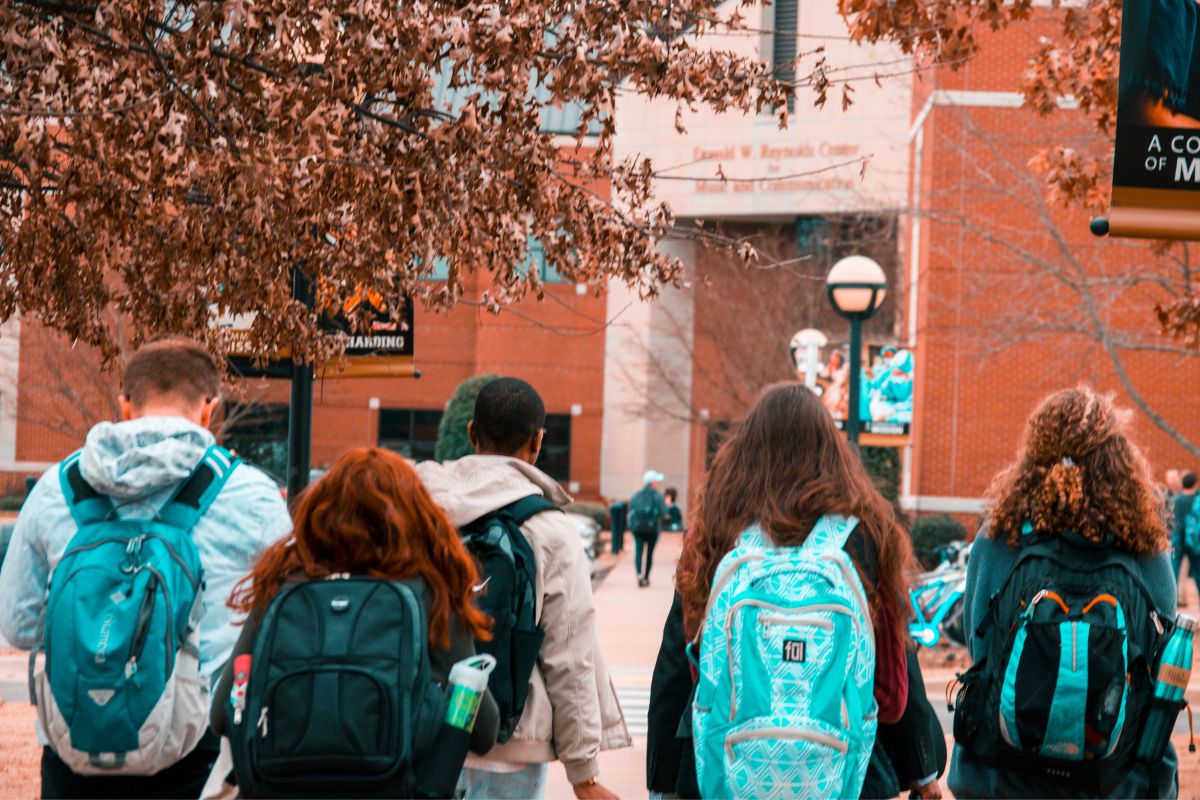New stats reveal that almost three in five therapists who work with students saw an increase in students’ stress over past year

New data from the British Association for Counselling and Psychotherapy (BACP) has revealed that almost three out of five (57.6%) therapists working with students in further and higher education reported an increase in stress related to studying over the past year.
The BACP’s annual Mindometer report, which surveyed almost 3,000 of its members, also revealed that more than two in five (42.1%) therapists working with students saw an increase in their non-work or study related stress in their clients.
And over a quarter (26.8%) of therapists working with this population also saw an increase in work-related stress.
Children, Young People and Families Lead at BACP, Jo Holmes, said:
“From increasing academic and rising financial pressures, the consequences of the pandemic and impact of university strikes, to loneliness and a poor work-life balance, students have faced a ‘perfect storm’ of stress that’s seriously impacting their mental health and wellbeing.
“Our members who support higher and further education students are witnessing this first hand. Worryingly, but not surprisingly, our survey shows that student stress is on the rise. We also know from previous data that demand for university counselling services is also on the rise too.
“Therapy offers a lifeline to students and more investment is desperately needed to increase access to therapy. A therapist can help a student explore, understand, and cope with their thoughts and emotions about the unique set of challenges they are facing in their lives.
“Universities need professional counsellors working for in-house services, so students have access to the right support, at the right time. We also believe that a paid counsellor should be available in every secondary school, academy and FE college in England –in Scotland, Wales, and Northern Ireland young people have access to Government funded school and community counselling provision. We hope to see this reflected in the Chancellor’s Autumn Statement next month.”
Experienced university counsellor and BACP member, Janey Morrisey, said:
“I have seen a real rise in stress levels amongst the students over the last seven years – some even suffering from physical symptoms such as fatigue, hair loss and social stress. I’ve even seen students that haven’t been able to partake in normal student life due to the severity of their stress levels.
“There seems to be a mix of reasons of why students stress levels have increased – from fee related financial stress, as they have risen so much over the last few years, due to the pandemic. A lot of the students were massively affected, and still are, by the pandemic. Student stress levels is also always worse between November and February, when the weather changes. My waiting lists would triple as students battled with exams, graduation projects, and not as much happening socially in the winter -meaning less outlets for stress.
“During exam time or in the lead up to handing in their graduation projects, a lot of students I saw would not realise how their lifestyle was creating stress. Not sleeping, eating fast food, and ‘cramming’ revision were all contributing factors I saw on a daily basis. The students would then feel overwhelmed, emotional, or unable to cope, and they had not noticed that they had been suffering with building stress levels.
“For any students who feel they are struggling with stress, I’d advise you to reach out to your school or university wellbeing or counselling service. If you feel you are under pressure or feeling overwhelmed in any way, a fresh perspective can really help.”
BACP’s annual Mindometer report provides an in-depth look at what therapists are currently experiencing in their practice – reflecting the mental health and wellbeing of the nation.











Responses